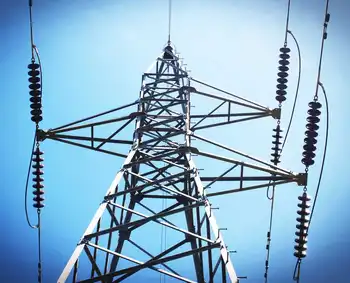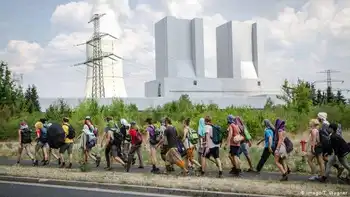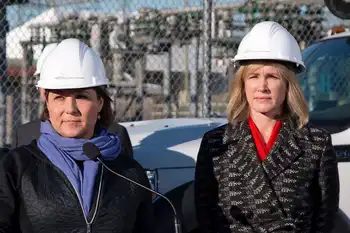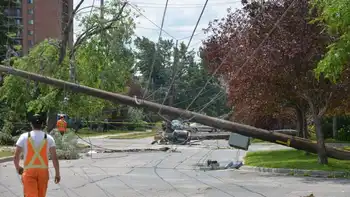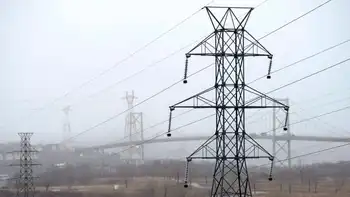Germany extends nuclear power amid energy crisis
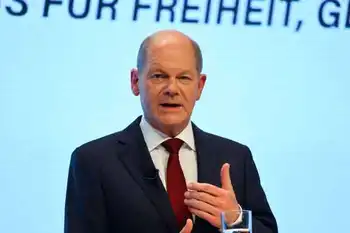
Arc Flash Training CSA Z462 - Electrical Safety Essentials
Our customized live online or in‑person group training can be delivered to your staff at your location.

- Live Online
- 6 hours Instructor-led
- Group Training Available
Germany Nuclear Power Extension keeps Isar 2, Neckarwestheim 2, and Emsland running as Olaf Scholz tackles the energy crisis, soaring gas prices, and EU winter demand, prioritizing grid stability amid the Ukraine war.
Key Points
A temporary policy keeping three German reactors online to enhance grid stability and national energy security.
✅ Extends Isar 2, Neckarwestheim 2, and Emsland operations
✅ Addresses EU energy crisis and soaring gas prices
✅ Prioritizes grid stability while coal phase-out advances
German Chancellor Olaf Scholz has ordered the country's three remaining nuclear power stations to keep operating until mid-April, signalling a nuclear U-turn as the energy crisis sparked by Russia's invasion of Ukraine hurts the economy.
Originally Germany planned to phase out all three by the end of this year, continuing its nuclear phaseout policy at the time.
Mr Scholz's order overruled the Greens in his coalition, who wanted two plants kept on standby, to be used if needed.
Nuclear power provides 6% of Germany's electricity.
The decision to phase it out was taken by former chancellor Angela Merkel after Japan's Fukushima nuclear disaster in 2011.
But gas prices have soared since Russia's invasion of Ukraine in February, which disrupted Russia's huge oil and gas exports to the EU, though some officials argue that nuclear would do little to solve the gas issue in the short term. In August Russia turned off the gas flowing to Germany via the Nord Stream 1 undersea pipeline.
After relying so heavily on Russian gas Germany is now scrambling to maintain sufficient reserves for the winter. The crisis has also prompted it to restart mothballed coal-fired power stations, with coal generating about a third of its electricity currently, though the plan is to phase out coal in the drive for green energy.
Last year Germany got 55% of its gas from Russia, but in the summer that dropped to 35% and it is declining further.
EU leaders consider how to cap gas prices
France sends Germany gas for first time amid crisis
Chancellor Scholz's third coalition partner, the liberal Free Democrats (FDP), welcomed his move to keep nuclear power as part of the mix. The three remaining nuclear plants are Isar 2, Neckarwestheim 2 and Emsland, which were ultimately shut down after the extension.
The Social Democrat (SPD) chancellor also called for ministries to present an "ambitious" law to boost energy efficiency and to put into law a phase-out of coal by 2030, aiming for a coal- and nuclear-free economy among major industrial nations.
Last week climate activist Greta Thunberg said it was a "mistake" for Germany to press on with nuclear decommissioning while resorting to coal again, intensifying debate over a nuclear option for climate goals nationwide.





